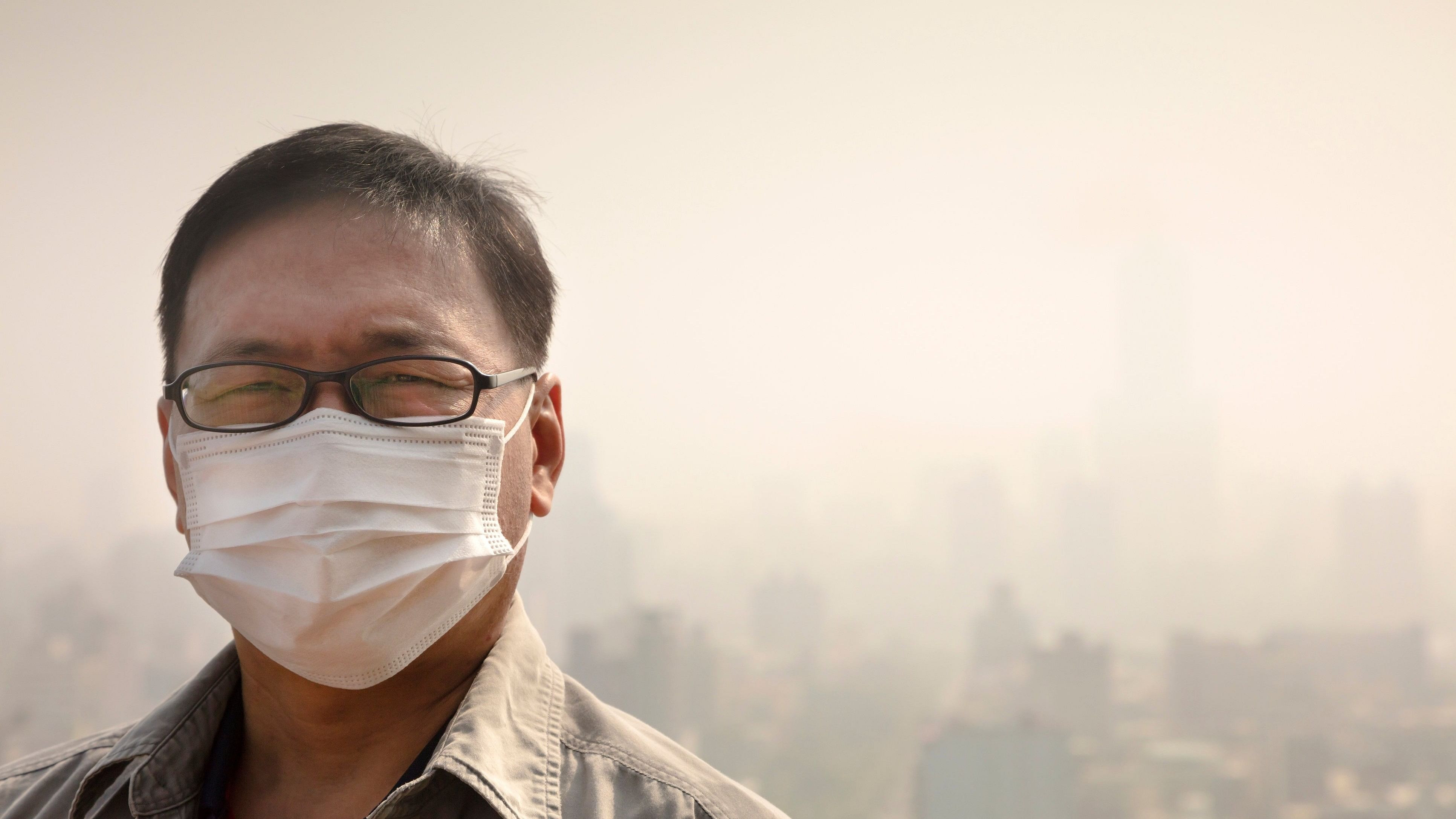
File photograph used for representational purposes only
Bengaluru: Pulmonologists and respiratory specialists in the city have reported a surge in respiratory infections following the festive weekend, mirroring the persistently high infection rates observed over recent weeks.
Some experts attributed this rise to high pollution levels in Bengaluru on Saturday evening, as indicated by Air Quality Index (AQI) data, while also emphasising the ongoing threat of the Influenza A virus subtype H1N1.
Dr Sameer Bansal, a consultant pulmonologist at a private hospital in southern Bengaluru, pointed out that the increase in both outpatient visits and inpatient admissions was multi-factorial, not solely due to Deepavali firecrackers.
"This is the fourth or fifth wave of infections following the flu waves in January-February, April-May, August-September, and October. There’s been an unprecedented rise in H1N1 cases, exacerbated by climate change, deteriorating air quality, and increased social activity during the October festive season," he said, adding that his outpatient department has seen a 150% increase in patients compared to the same period last year.
Doctors also noted that people with pre-existing conditions such as bronchitis, asthma, allergies, and chronic obstructive pulmonary disease (COPD) experienced a temporary worsening of symptoms due to firecracker smoke.
"With H1N1 pneumonia already being a concern, exposure to smoke and pollutants was an additional stressor during the festive season. While it is not alarming, patients with pre-existing conditions did face breathing difficulties,” said Dr Majeed Pasha, another pulmonologist.
Dr Nagaraja C, pulmonary medicine specialist and director of SDS Tuberculosis Research Centre and Rajiv Gandhi Institute of Chest Diseases, Bengaluru, warned that cases could rise further in the coming days, particularly among the elderly and those with asthma.
All the doctors stressed the importance of regular vaccinations against the H1N1 virus.
The Health Department said Karnataka has recorded 6,980 cases of severe acute respiratory infections this year, with 1,787 reported in Bengaluru (BBMP, Urban, and Rural districts). Of these, 564 cases were reported in October alone.